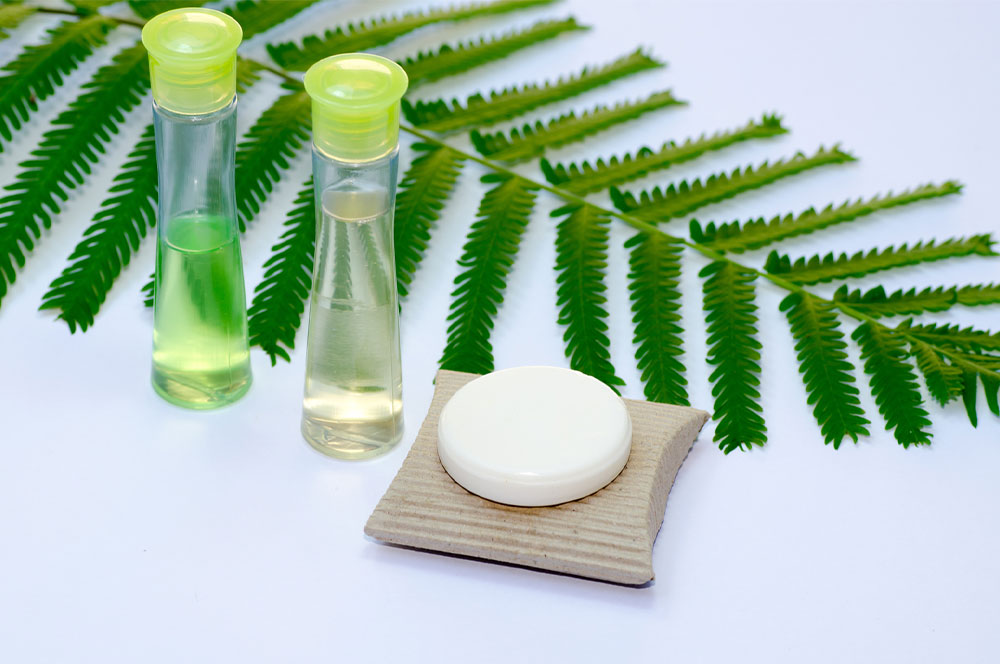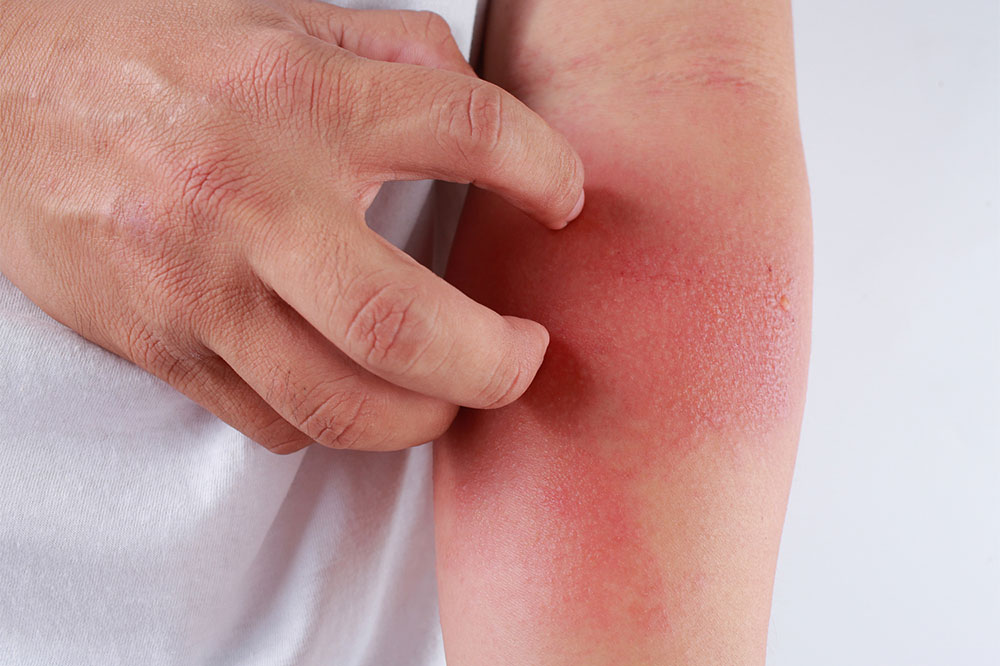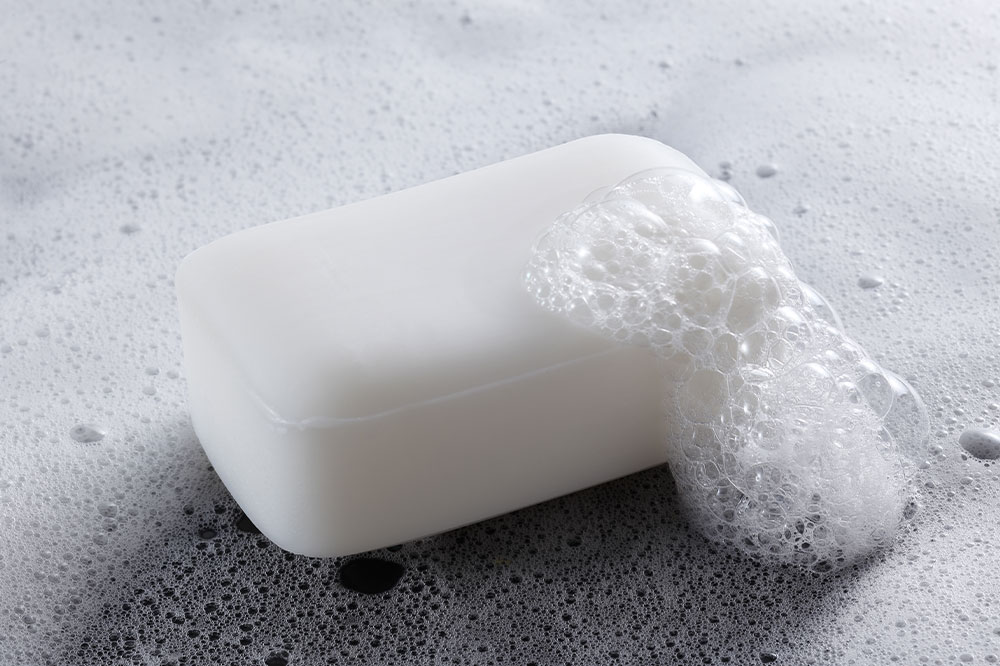Essential Soap Ingredients to Avoid for Eczema Prevention and Sensitive Skin Care
This comprehensive guide highlights key soap ingredients that can trigger eczema flare-ups and sensitive skin reactions. It emphasizes the importance of reading labels and choosing gentle, fragrance-free products to protect delicate skin. Understanding ingredients like SLS, artificial fragrances, parabens, and Balsam of Peru can help eczema sufferers prevent irritation and maintain healthier skin. Practical tips for selecting skin-friendly products are included, making this a valuable resource for better skin management and overall skin health.

Guidelines for Eczema Management: Key Ingredients in Soaps That Can Aggravate Skin Conditions
For individuals living with eczema or sensitive skin, managing flare-ups and maintaining healthy skin can be a constant challenge. Skin inflammation associated with eczema often leads to discomfort, irritation, and sometimes pain. A major contributing factor to worsening eczema symptoms is the use of harsh soaps and cleansers containing irritating ingredients. Understanding which soap components to avoid is crucial for protecting delicate skin and preventing unnecessary flare-ups. By carefully reading product labels and choosing gentle, hypoallergenic options, those with eczema can better manage their condition and promote healthier skin.
Sodium Lauryl Sulfate (SLS)
SLS is one of the most common surfactants found in many cleansers, shampoos, and body washes. Its purpose is to create a rich lather and effectively remove dirt, grease, and oils from the skin. However, while it is effective as a cleaning agent, SLS has a significant downside: it strips the skin’s natural protective oils. This depletion leads to increased dryness, flaking, and heightened sensitivity, making the skin more susceptible to irritants and allergens. For eczema sufferers, using products containing SLS can exacerbate existing symptoms and hinder skin healing.
Artificial Fragrances and Perfumes
Many commercial soaps and personal care products contain synthetic fragrances designed to provide a pleasant smell. However, these fragrances are composed of complex mixtures of chemicals such as esters, aldehydes, amines, and ketones. Because these compounds are often proprietary and not fully disclosed, it becomes challenging to identify the exact ingredients. Fragrances are among the leading triggers for eczema flare-ups and allergic reactions, as they can irritate sensitive skin and cause inflammation. For individuals with eczema, choosing fragrance-free or naturally scented products is highly recommended to prevent skin irritation.
Coconut Diethanolamide and Related Thickening Agents
Coconut diethanolamide is a foam-building agent that helps thicken soaps and cleansers. Nevertheless, it can also pose risks for those with sensitive or eczema-prone skin. When used over time, coconut diethanolamide and similar compounds like cocamide DEA, cocamide MEA, and cocamide DEA derivatives can lead to allergic reactions and skin irritations. These substances may be present under various names, including coconut oil acid derivatives, witcamide, and calamide. While coconut oil itself is generally safe to consume and use in foods, its derivatives in topical products can be problematic for individuals with compromised skin barriers, such as eczema sufferers.
Parabens as Preservatives in Personal Care Products
Parabens are a class of preservatives widely used to extend the shelf life of soaps, shampoos, deodorants, and other personal care items. They prevent microbial growth, but recent research has linked parabens to skin sensitivities and allergic reactions, particularly in individuals with existing skin conditions like eczema. Some countries have imposed restrictions or bans on certain parabens due to these concerns. For sensitive skin, opting for paraben-free products can significantly reduce the risk of irritation and promote skin health.
Balsam of Peru (Myroxylon Pereirae)
This natural aromatic resin is used as a fragrance and binding agent in various cosmetic and soap formulations. However, Balsam of Peru contains allergens such as cinnamein that can trigger allergic contact dermatitis, especially in sensitive or eczema-prone skin. Furthermore, Balsam of Peru is a common ingredient in certain medications, cough syrups, colas, and topical preparations like calamine lotion. For individuals with eczema or sensitive skin, avoiding products containing Balsam of Peru and other allergenic plant extracts can help in reducing flare-ups and skin irritation.
In conclusion, selecting gentle, fragrance-free, and hypoallergenic soap and skincare products is essential for those managing eczema. Avoiding ingredients such as Sodium Lauryl Sulfate, artificial fragrances, coconut derivatives like cocamide DEA, parabens, and Balsam of Peru can significantly reduce the risk of skin irritation and flare-ups. Always read product labels carefully, consult dermatologists for personalized advice, and opt for products formulated specifically for sensitive skin. Proper skin care plays a vital role in controlling eczema symptoms and maintaining a healthy, comfortable skin barrier.





